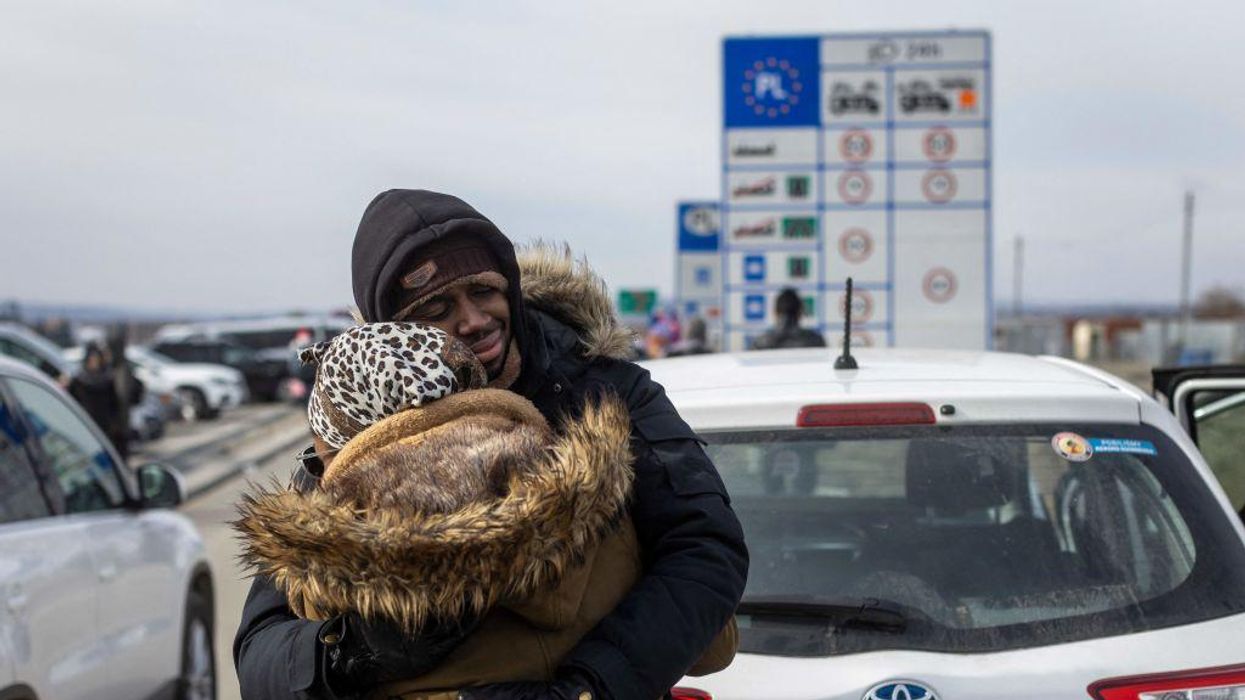It is difficult for many of us to cope with the human tragedy that is unfolding in Ukraine as Russia continues its ruthless attack upon innocent civilians.
Yet amidst all of the pain and suffering of war there are occasionally heartwarming, uplifting stories that give us hope.
This is one of those stories.
Davide Martello traveled 17 hours, with his piano, from Germany to Poland so he could perform outside in the cold for refugees as they arrived from Ukraine over the weekend.
“Peace starts here,” says Martello, who believes in peace through music. The Piano Man, as he has become known, has done this before in what he calls his “peace tour.” Martello first became known as the Piano Man of Istanbul's Taksim Square when he took up residence with a baby grand where Turkish anti-government protesters and police clashed in 2013. He was in Afghanistan playing for refugees leaving the country, and in 2020 after the police murder of George Floyd he performed in Minneapolis’ George Floyd Square.
He thinks music is the perfect medium for peace.“Before I die at least I want to do something and everyone loves music,” he says. "It seems unbelievable that the peaceful life of Ukraine could be so senselessly shattered in the 21st century."
One Ukranian asylum seeker was so moved that she joined Martello to play “We Are the Champions” by Queen. (Earlier in the week Queen guitarist Brian May took to Instagram to voice his support for Ukraine.)
Of course music alone will not end this senseless war. But sometimes the tragedy of war brings out the best of humanity. This is one of those times and we’d like to hear your uplifting experiences about Ukraine.
Listen to the Piano Man play and see if you feel just a bit of hope during these tough times:
'Piano Man' plays for Ukrainian refugees at Polish borderwww.youtube.com
Please share any stories you may have with us at at pop-culture@fulcrum.us.




















Trump & Hegseth gave Mark Kelly a huge 2028 gift